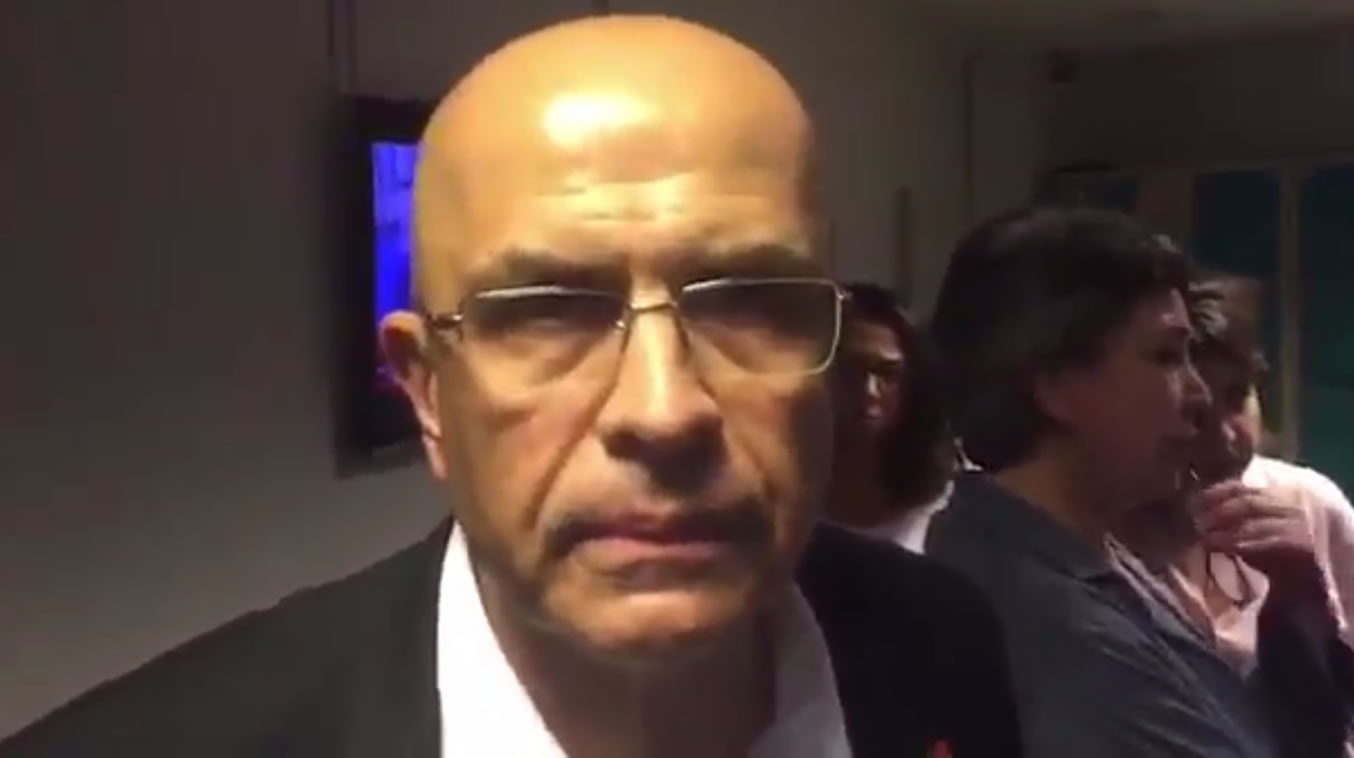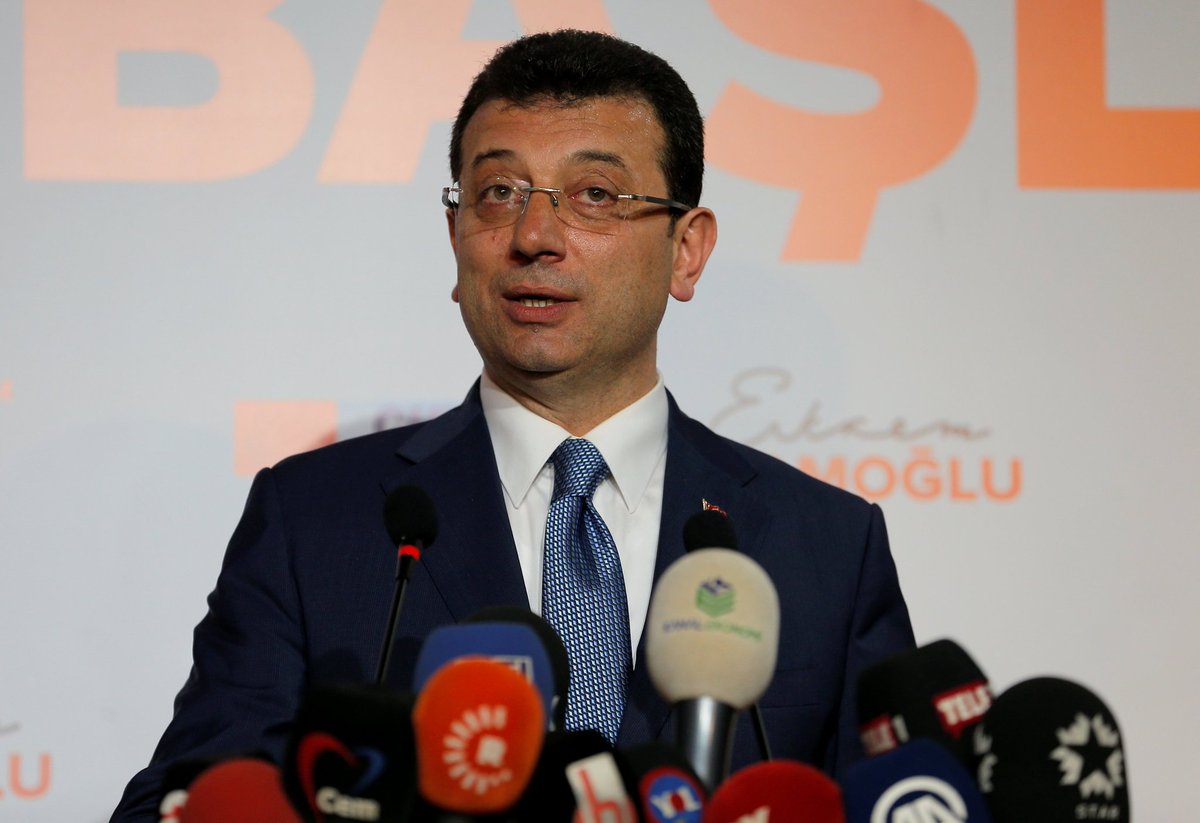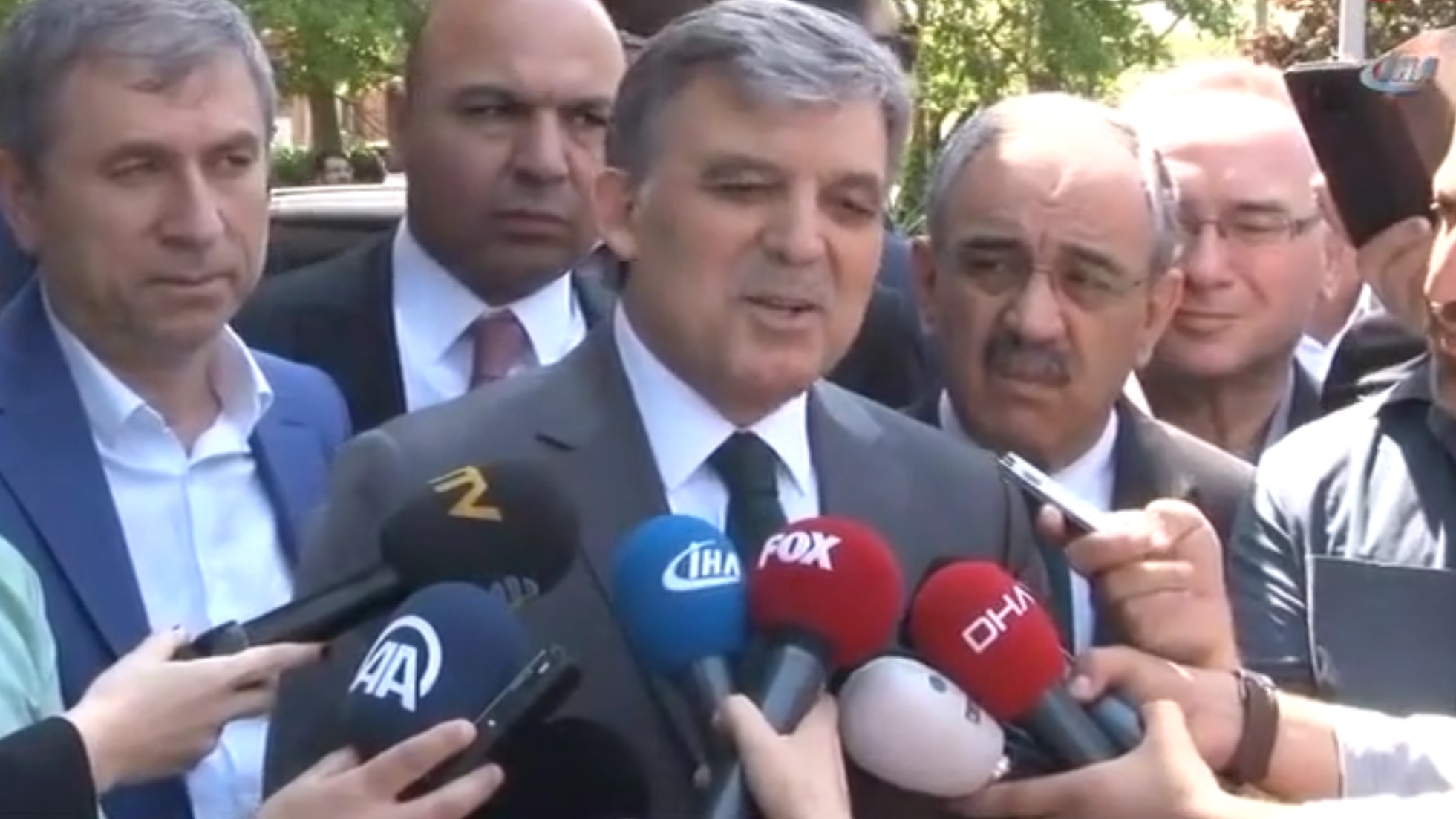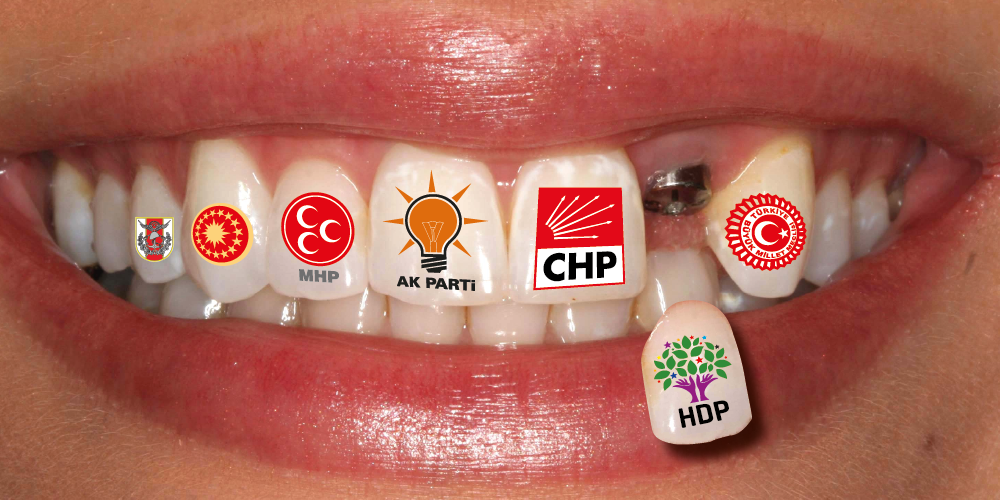As these words buzz their way across the interweb to you, Turkey’s prime minister is at home in Istanbul. He’s not running the country; he’s recuperating after surgery. It’s a relatively routine procedure relating to his digestive system and it’s certainly not life-threatening: he’ll be back denouncing some rival or another at his party’s parliamentary meeting in no time.
In a press release announcing the hospital visit, the office of Recep Tayyip Erdogan (for it is he) sounded almost anxious. The operation went “as planned at the beginning”, we are told. “Our Prime Minister’s health is absolutely fine. He plans to resume his routine engagements later in the week.”
And so he did. He met the son of Bosnia-Herzegovina’s founding president, then spoke on the telephone to his British counterpart David Cameron about Syria. Can’t say fairer than that, really. Roll on next week’s return to parliament.
But as Turkish domestic politics ticked along with routine and not-so-routine developments over the past few months of Mr Erdoğan’s hospital treatment, it often fell to other people – such as Deputy Prime Minister Bülent Arınç – to speak for Turkey’s government. For the first time in ten years, the talking head for the Turkish government has been not been Mr Erdoğan.
Don’t let me mislead you: I’m not saying the prime minister is on his way out. He isn’t. He intends to see out tenth year of his job in March 2013, and most likely the eleventh year too. Barring the unforeseen, there’s very little that can unseat him until then. His party is riding high in opinion polls and loyalty to him within the party is strong.
But Mr Erdoğan’s absence in recuperation might have shown us what the future looks like. Parliament recently decided that Turkey’s first popular presidential election will be held in 2014 and Ankara’s worst kept secret is that the prime minister wants the job for himself. If he does, he will win. He’s more than popular enough to do it.
I first wrote about Mr Erdogan’s presidential ambitions in 2006. At the time I said that a candidate for president requires experience, must be known by the public and liked by the public. He had no trouble meeting the last two criteria, I wrote, but as prime minister for a little under four years he did not have that statesmanlike quality – experience in government, knowing how the country runs – that an ideal president needs.
Since I wrote that, Mr Erdogan solidified his public support with victories in two general elections and two referenda. He challenged the Turkish army’s influence over the state and won. He established himself as an internationally recognised leader for modern Islam. Whether or not you agree with his politics, the statesmanlike quality is now there.
President Erdoğan would assume his position with just under a year to go before parliamentary elections due by June 2015. The AK Party campaign would be led by a new man. The contenders to be that man are the usual suspects: Mr Arınç; Ahmet Davutoğlu, the foreign minister; Cemil Çiçek, the speaker of parliament; Ali Babacan, another deputy prime minster; or even Abdullah Gül, the current and ostensibly party-neutral president.
The problem is that there is no guarantee that any of these men would inherit the same job Mr Erdoğan vacates. A special parliamentary committee is currently working under Mr Çiçek’s leadership to put together a new constitution, a new blueprint for Turkey’s institutions which could produce a radical shake-up.
Mr Erdoğan is widely understood to favour a French-style presidential system with himself at the top. That would be a hefty change from the existing arrangement. The role of Turkey’s president is notionally ceremonial, but holds considerable indirect influence over the country’s institutions. The prime minister, meanwhile, holds more direct executive powers than in many Western democracies; if Mr Erdoğan had his way, a lot of these would simply transfer upward with him.
There is, however, widespread opposition to these plans. Prominent members of Mr Erdoğan’s party – including some of those who might contend for his job – have publicly said a presidential system is not desirable to them. Much expends on what the new constitution looks like: little is known so far about the changes, if any, that will be made to the structure of Turkey’s executive and legislature.
The new constitution will have to be approved by referendum and may require a renewed parliamentary mandate afterwards. That would mean fresh and early elections, in which Mr Erdoğan would lead his party once more.
The main question over Mr Erdoğan’s future is not who will succeed him. It concerns the amount of executive power he thinks he can get away with as president. Watch parliament’s constitution committee closely for an answer to that.









